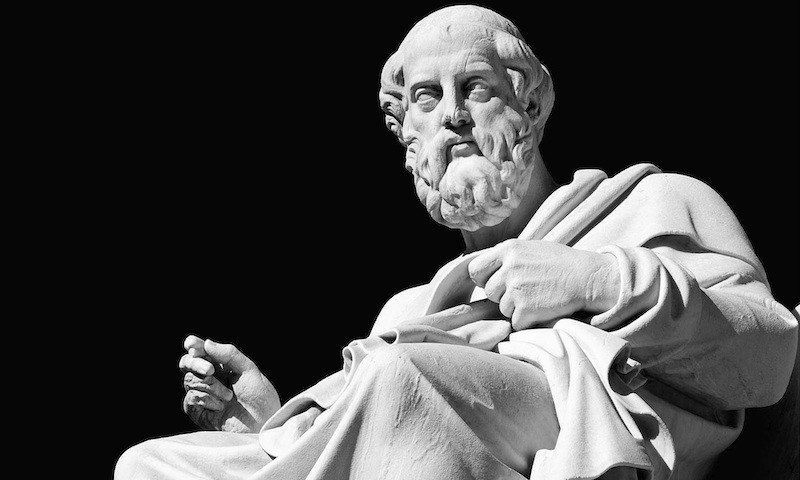At the beginning of thus Spake Zarathustra, we see Zarathustra, having lived as a hermit upon the mountain for ten years since the age of thirty, rise and express the desire to share his overflowing wisdom with the world. It is a wisdom gleaned from the overflowing wisdom of the daily rising sun – perhaps a euphemism for God, or the great divine, or the power underlying the universe – and a wisdom which Zarathustra himself has grown weary of bearing alone.
Perhaps here, we can compare Zarathustra himself to the Lion stage of the Three Metamorphoses. He has borne the knowledge and wisdom gained from his solitude, like a camel, and now, like a lion, yearns to express and evolve that wisdom.
Indeed, we can compare this to the status of the Ubermensch. The Ubermensch, in all ways, is an aspirational ideal, not one any human being can actually achieve. Again, like with Marcus Aurelius, and like with all humans, it is the striving which matters, the desire to surpass, and the effort made towards the surpassing. It is the struggle, and how we approach the struggle, which defines us.
For Nietzsche, the Will to Power begins with self-power. That is to say, one must gain enough power for oneself before one can give to others. It is useless to give, after all, what one does not possess; indeed, giving of oneself when one has little or nothing to give leads to destruction, resentment, anger – this is the way of the Last Man, the antithesis of the Overman.
Whilst on the face of it, this ideal appears selfish, taking a step back to view it in its entirety, it is manifestly SELFLESS. After all, once one reaches a point on the path of the Will to Power, one will necessarily reach a place where power OVERFLOWS from the self. This is when one has the power to GIVE. And oh such abundant giving it becomes. Indeed, at such a point, the point where one has aspired to the Overman, not giving, not sharing power, becomes painful.
This is much like Zarathustra in the prologue. We see a man who has gleaned much wisdom from his years of solitude. God, the sun, has overflowed its own power unto Zarathustra. Zarathustra, in turn, yearns to share his power with other men.
Here we see Zarathustra express his need for his own ‘downgoing’ – to descend the mountain, to wander the realms of mankind. Oh how similar to the notion of the Fallen Angel this is. Zarathustra, upon the mountain, holding the light of the sun each morning – the lightbearer, descending towards the realm of man. The Fall. But this is not a fall from grace. No. This is a fall towards grace, a need to express power beyond the self. It is the ultimate expression of the Overman: a man who has so much power in his heart, the he MUST descend to share it with others.
This is the true spirit of the notion of the Fallen Angel.



